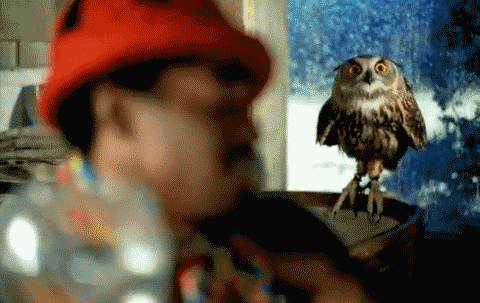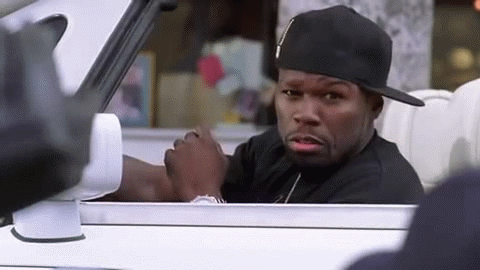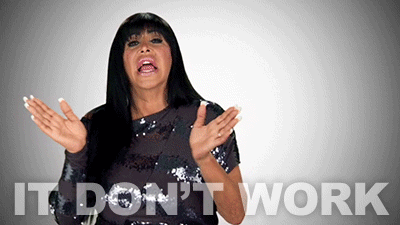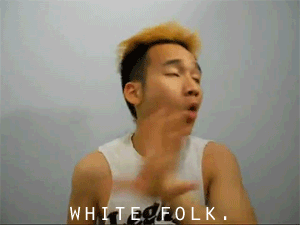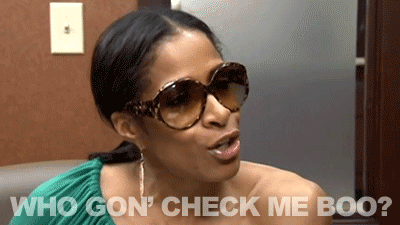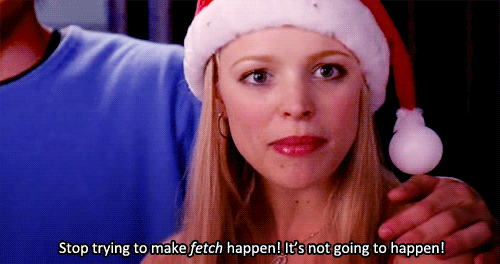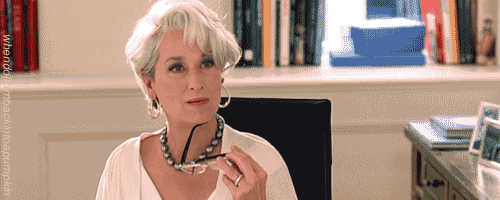![]()
A single mother’s ears are always burning. People just can’t seem to resist talking about us. I wrote about the tendency society has to talk about — not to — unmarried mothers for The Atlantic last weekend (and if you haven’t already, take a minute to bookmark The Atlantic’s Sexes channel, where our article appeared. It’s great!), but what I didn’t say is that we aren’t completely ignored when talk of marriage emerges. Sometimes, people do, in fact, address us directly. And when they do, it’s hard to believe some of the things that come up.
Here are a few of the untruths and half-truths we single mothers are often told about marriage. (If you’ve heard one we haven’t mentioned, feel free to add your own in our comments section.)
1. If he left, he never loved you.
We get this one a lot — and if someone believes this, there’s little you can say to convince them otherwise. Fortunately, you don’t have to. Loving and leaving are not mutually exclusive. The former isn’t always enough to prevent the latter. As painful as it is to have someone walk away from a relationship — especially after children — the last thing you need to feel is pressure to defend yourself as lovable.
2. If he’d married you, he wouldn’t have left so easily/quickly/cavalierly.
Not only does this comment assume your partner left “easily,” it also presumes that marrying a person who would be inclined to leave at all would somehow change his core personality. Legally, marriage makes dissolving a romantic partnership more difficult. But it doesn’t prevent a partner from walking away, especially if he would consider a child, a hardship, or an emotional trigger as a reason to do so.
3. If you’ve been married before, you’re not “really” a single mother.
Women from various backgrounds and with a number of different relationship statuses identify as single. Divorced women are among them. In some cases, they are the sole or primary caregivers and providers for their children.
4. Married couples don’t need “welfare.” Their combined incomes will be enough to support the family.
It’s far more difficult for two-income households to qualify for food or housing assistance, but that doesn’t mean they don’t need government assistance. Here’s economics professor Casey Mulligan on how need is determined, according to marital income or household size for unemployment benefits and SNAP (food) benefits:
For household heads and spouses experiencing unemployment and earning no wage or salary income in 2010, the rate of receiving unemployment insurance was about the same for married and unmarried people: a participation rates ratio of about 0.9. But the SNAP participation rate was twice as great among the unmarried.
For the other earnings categories, unmarried SNAP participation rates range from 1.5 to 2.5 times what they are for married people.
The bottom line is that SNAP is largely a program with unmarried participants. SNAP may be an effective way of feeding people, but its low participation among married people may make it politically less popular than unemployment compensation.
Combining marital income only ensures adequate financial provision if both incomes amount to a livable wage (and, of course, livable wages vary according to family size).
5. You need a husband to complete your family.
No child should ever be made to feel as though his or her family is “incomplete” because two parents do not reside in his or her home.
6. Marriage makes you (and, by extension, your children) more respectable.
Tying “respectability” to marriage is problematic for everyone involved, but it’s most damaging to children. It encourages them to connect their societal, cultural, and moral value to their parents’ relationship status (and, eventually, their own). Children of divorce (who’ve arguably witnessed marriage at its best and worst) suffer from this reasoning as much as children born to unmarried parents.
7. Being married doubles your emotional, financial, and physical support as a parent.
This depends on the person you marry, not the institution itself. For single parents, the level of emotional, financial, and physical support depends on his/her “village” or community of friends and family.
8. Married couples have more loving and stable households than single parents.
Again: this depends on the spouse, not the marital institution itself. Single parents are capable of providing their children with both love and stability; within the context of their family and their support community, this can be more than enough to produce a healthy, emotionally thriving environment for the child.
9. If the father of your children isn’t living in the home with a commitment of marriage, he’ll probably leave and become a “deadbeat.”
A fairly current Penn State study conducted by sociologist Valarie Kong shows that far more fathers are making an effort to be “highly involved” with their children, post-breakup, than in decades past. See also: this fantastic Pittsburgh City Paper article, “Deconstructing Deadbeat,” by Brentin Mock, on just how few fathers are willingly, entirely absenting themselves from their children’s lives.
10. It’s harder for couples who’ve never been married to co-parent after a breakup.
It’s hard to effectively co-parent, period. It isn’t necessarily easier for people who have been married and are no longer together to reach amicable co-parenting, visitation, and financial support terms than it is for an unmarrried couple whose split was not acrimonious.
11. If he didn’t love you enough to “commit” to you (via marriage) before having kids, he’ll never marry you.
Unmarried couples may be likelier than marrieds to split after childbirth, but a number of them are also marrying each other after the fact. (Bonus point: level of emotional commitment isn’t necessarily best measured by willingness to marry, particularly in “shotgun wedding” situations. In the latter, the impetus for marriage may be societal/familial pressure, not commitment or marriage-readiness.)
12. Your unmarried state is troublesome and your non-traditional family is at the core of the country’s moral and economic blight.
As a support community, Beyond Baby Mamas is committed to dissuading unmarried mothers from seeing themselves in this light, regardless of what statistics indicate. They can only be responsible for their own families and their own parenting. For many of the reasons listed throughout this write-up, marriage alone is not a moral or economic curative in 2013.
13. Women are responsible for making themselves marriageable./Motherhood diminishes your marriageability.
The gender bias involved in holding women solely responsible for cultivating characteristics that make them “marriageable” is truly shameful. The success of a marriage depends on both parties. And “marriageability” is a highly subjective concept.
To the second myth, I’ll refer you to this 2011 New York Times piece by Angela Stanley:
A look at recent census data will tell you that the 70 percent we keep hearing about has been misconstrued. According to 2009 data from the Census Bureau, 70.5 percent of black women in the United States had never been married — but those were women between the ages of 25 and 29. Black women marry later, but they do marry. By age 55 and above, those numbers showed, only 13 percent of black women had never been married.
14. If you weren’t so independent or “emasculating,” you’d be married. (“You kept saying you could do it all on your own; now he’s making you.”
Hmm. Yet another argument that places sole responsibility on women to maintain a healthy relationship. It would appear that, in the eyes of the culture critic, women just can’t win. (Note that this particular lie isn’t reserved just for single mothers; it’s heard by single women, childless and mothering alike. Please also note, that following a pregnancy during which your partner decides to walk, you better hope and pray that you are independent, married or not.)
![]()
![]()















